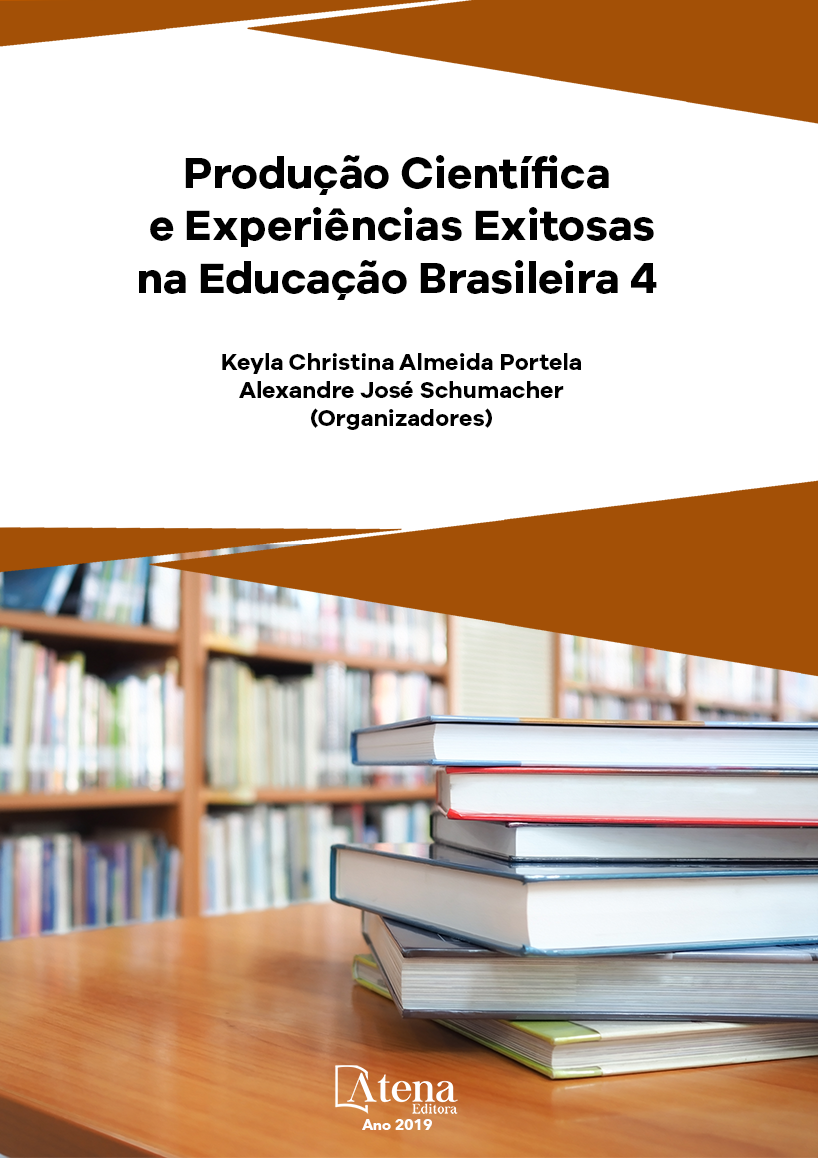
POLÍTICAS PÚBLICAS PARA A EJA NO BRASIL: O CASO DO PROEJA NO IFRN-CAMPUS IPANGUAÇU E O DESENVOLVIMENTO LOCAL
O trabalho é uma reflexão do
curso técnico integrado em Agroecologia
na modalidade EJA, ofertado pelo IFRNcampus
Ipanguaçu, no âmbito do PROEJA.
O objetivo é analisar as conexões do curso
com as perspectivas de desenvolvimento
socioeconômico da região de abrangência
do Campus, a fim de perceber como o IFRN
implementa a proposta de educação para
jovens e adultos alicerçada na formação geral,
formação profissional e desenvolvimento local.
Trata-se de pesquisa bibliográfica-documental.
Entre os referenciais utilizados destacam-se,
Buarque (1999), Dowbor (2006) e Machado
(2006). Caracteriza-se o PROEJA. Apresentase
a organização pedagógica do curso de
Agroecologia. Identificam-se as potencialidades
econômicas da região onde o curso é oferecido.
Analisam-se as conexões do curso com o
desenvolvimento local. Conclui-se que o curso
guarda sintonia com as vocações econômicas
da região e tem como meta a formação integral
numa perspectiva cidadã dos jovens e adultos,
mediante ações educativas que garantam a
sua intervenção efetiva no desenvolvimento
socioeconômico da região.
POLÍTICAS PÚBLICAS PARA A EJA NO BRASIL: O CASO DO PROEJA NO IFRN-CAMPUS IPANGUAÇU E O DESENVOLVIMENTO LOCAL
-
DOI: 10.22533/at.ed.54919210823
-
Palavras-chave: PROEJA; Educação profissional; Desenvolvimento local
-
Keywords: PROEJA. Professional education. Local development.
-
Abstract:
The work is a training workshop
in Agroecology in the EJA modality, offered by
the IFRN-campus Ipanguaçu, within PROEJA.
This is an analysis of the connections to IFNN
implement for the socioedential of the region of
comprehensive Campus, and the development
of Campus, the development of campus and
students and based in formation. This is a
bibliographical-documentary research. Among
the references found are: Buarque (1999),
Dowbor (2006) and Machado (2006). The
Produção Científica e Experiências Exitosas na Educação Brasileira 4 Capítulo 23 232
PROEJA is characterized. It presents a pedagogical organization of the Agroecology
course. They identify themselves as economic potentialities of the region where the
course is offered. Analyzing the connections of the course with the local development.
It is concluded that the course is in tune with the opportunities of young people and
young people, and the educational actions that guarantee their effective implementation
are not socioeconomic of the region.
-
Número de páginas: 15
- Maria Aparecida dos Santos Ferreira
- Ana Lúcia Pascoal Diniz
- Suerda Maria Nogueira do Nascimento
- JOSÉ MOISÉS NUNES DA SILVA


